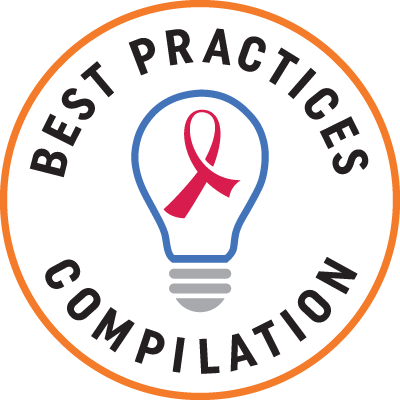Stigma/Legal
On
HIV-related stigma compromises the well-being of people with the disease. Stigmatized individuals may suffer discrimination that can lead to loss of employment and housing, estrangement from family and society, and increased risk of violence. HIV-related stigma can also drive new HIV infections because it can deter people from getting tested for the disease, make them less likely to acknowledge their risk of infection, and discourage those who are HIV-positive from discussing their HIV status with their partners and families.
Best Practices
- Center for Innovation and Engagement
- AIDS Action Foundation
- IHIP
- IHIP
- SPNS Latino Access Initiative, UCSF Center for AIDS Prevention Studies
Technical Assistance
- SPNS project evaluating interventions that seek to improve the well-being of RWHAP clients 50 and older. Project period: 2022-2025.
- Design, implementation, and evaluation of bundled evidence–informed interventions for Black women with HIV. Project period: 2020-2024.
ESCALATE will focus on reducing HIV stigma through training participants in EHE jurisdictions. Project period: 2020-2024.
 Initiative documenting best practice strategies and interventions that have been shown to improve HIV outcomes in a "real world" setting and can be replicated by other programs. Project period: 2021-2024.
Initiative documenting best practice strategies and interventions that have been shown to improve HIV outcomes in a "real world" setting and can be replicated by other programs. Project period: 2021-2024.